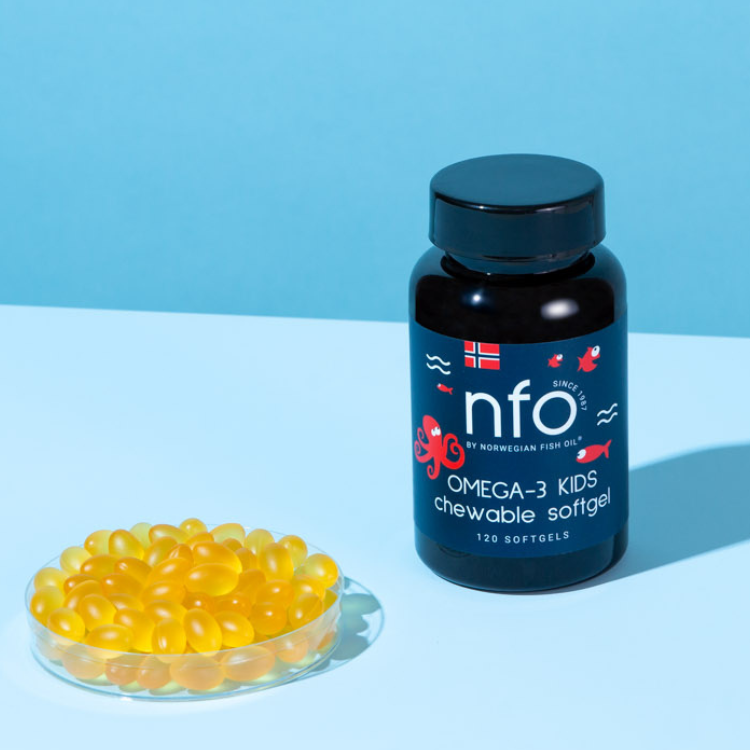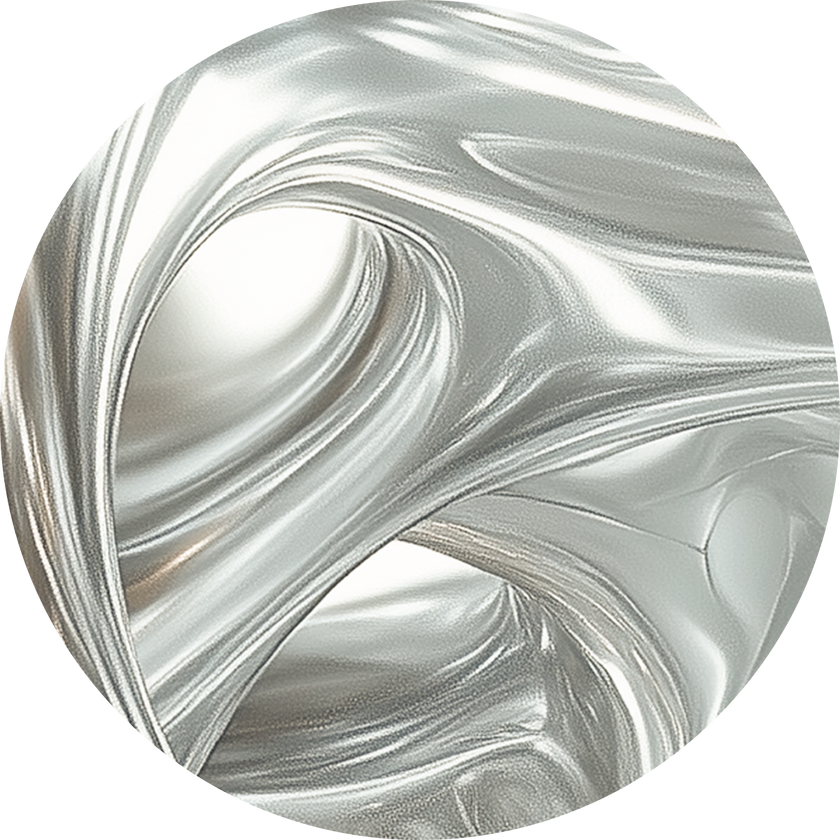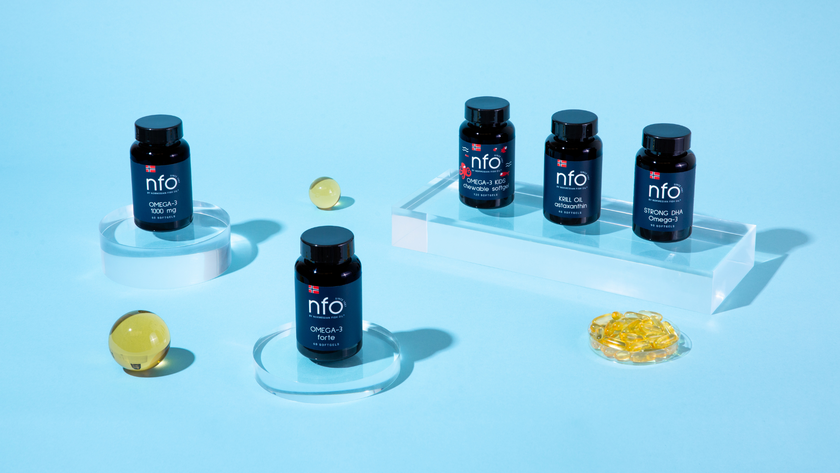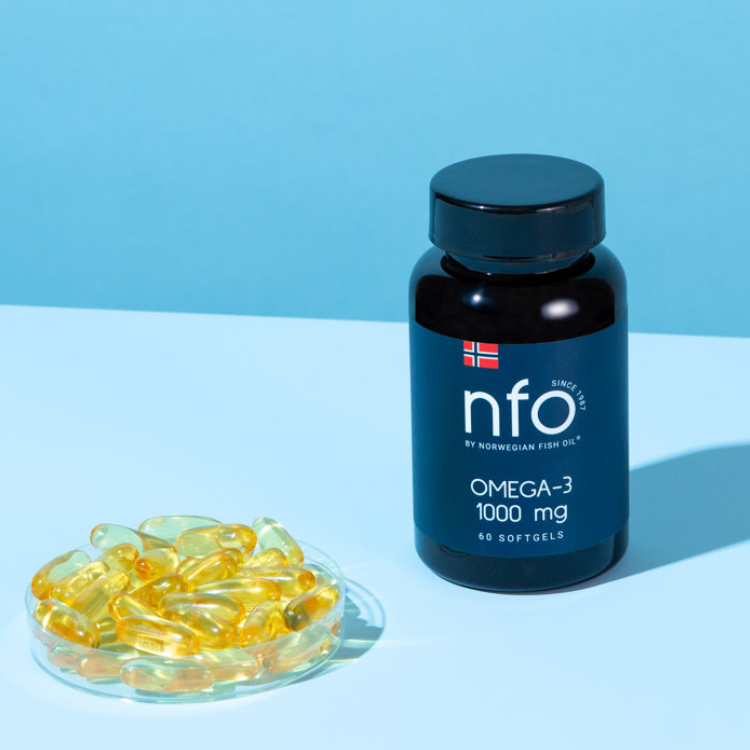Understanding Migraines
Migraines are believed to result from a combination of genetic, neurological, and environmental factors. Triggers such as stress, poor diet, and hormonal fluctuations can exacerbate migraines. Supplements can help by addressing deficiencies and supporting the body's natural mechanisms to prevent or reduce migraine episodes.
1. Magnesium
Magnesium is one of the most studied minerals for migraine relief. It plays a crucial role in nerve function and blood pressure regulation. Low magnesium levels have been linked to migraines, particularly in people with aura symptoms (Mauskop & Varughese, 2012). Magnesium supplements can reduce the frequency and severity of migraines by relaxing blood vessels and improving neuronal signaling.
- Sources: Leafy greens (spinach, kale), Nuts and seeds (almonds, pumpkin seeds), Whole grains, Magnesium supplements
- Recommended Dosage: 400–600 mg/day (NIH, 2021)
2. Vitamin D
Vitamin D deficiency has been associated with an increased risk of migraines (Sharma et al., 2021). This vitamin supports immune and neurological functions, and its anti-inflammatory properties may reduce migraine frequency and severity.
- Sources: Sunlight exposure, Fatty fish (salmon, mackerel), Fortified foods (milk, cereals)
- Recommended Dosage: 600–800 IU/day for adults (NIH, 2021)
3. Riboflavin (Vitamin B2)
Riboflavin is a water-soluble vitamin that plays a key role in energy metabolism. Studies suggest that riboflavin can reduce the frequency and duration of migraines by improving mitochondrial function (Boop et al., 2017).
- Sources: Dairy products, Eggs, Leafy greens, Riboflavin supplements
- Recommended Dosage: 400 mg/day
4. Coenzyme Q10 (CoQ10)
CoQ10 is a powerful antioxidant that supports cellular energy production. Research shows that it can reduce the frequency and intensity of migraines, possibly by enhancing mitochondrial function and reducing oxidative stress (Hershey et al., 2007).
- Sources: Fatty fish, Organ meats, CoQ10 supplements
- Recommended Dosage: 100–300 mg/day
5. Feverfew
Feverfew is a traditional herbal remedy used for migraines. It contains parthenolide, a compound that inhibits the release of inflammatory substances in the brain. Clinical trials suggest feverfew can reduce migraine frequency and severity when taken consistently (Diener et al., 2005).
- Sources: Feverfew leaves, Feverfew supplements
- Recommended Dosage: 50–100 mg/day
6. Butterbur
Butterbur is another herbal supplement that has shown promise in migraine prevention. It works by relaxing blood vessels and reducing inflammation. However, it is important to use only purified butterbur extracts to avoid potential liver toxicity (Lipton et al., 2004).
- Sources: Purified butterbur supplements
- Recommended Dosage: 75 mg twice daily
Conclusion
Migraines can significantly impact quality of life, but targeted supplementation offers a promising solution. Nutrients like magnesium, vitamin D, and CoQ10, along with herbal remedies such as feverfew and butterbur, provide natural relief. Combined with lifestyle changes, these supplements can help manage migraines effectively. Always consult a healthcare provider to tailor a supplement regimen that meets your individual needs.









